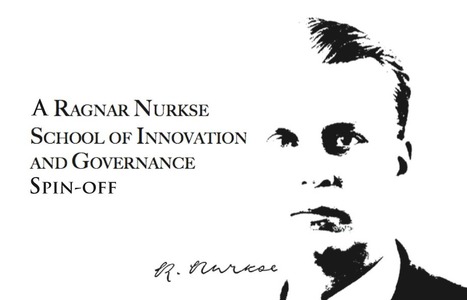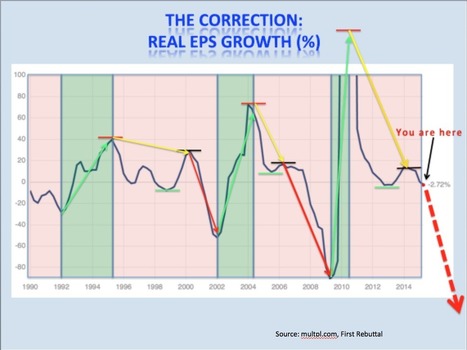The three main ideas are summarised here. They were more progressive taxation to create greater equality both as a matter of fact and to deliver justice in the way that the deficit was tackled. Second, the tax gap was to be tackled to provide funding and to create a level playing field for business. And third, People’s Quantitative Easing was, in combination with a National Investment Bank, to be used to fund a new industrial strategy. What the document did not say was what the overall vision was: it focussed on policies not philosophies but it rattled the mainstream media and much of Labour nonetheless.



 Your new post is loading...
Your new post is loading...






















